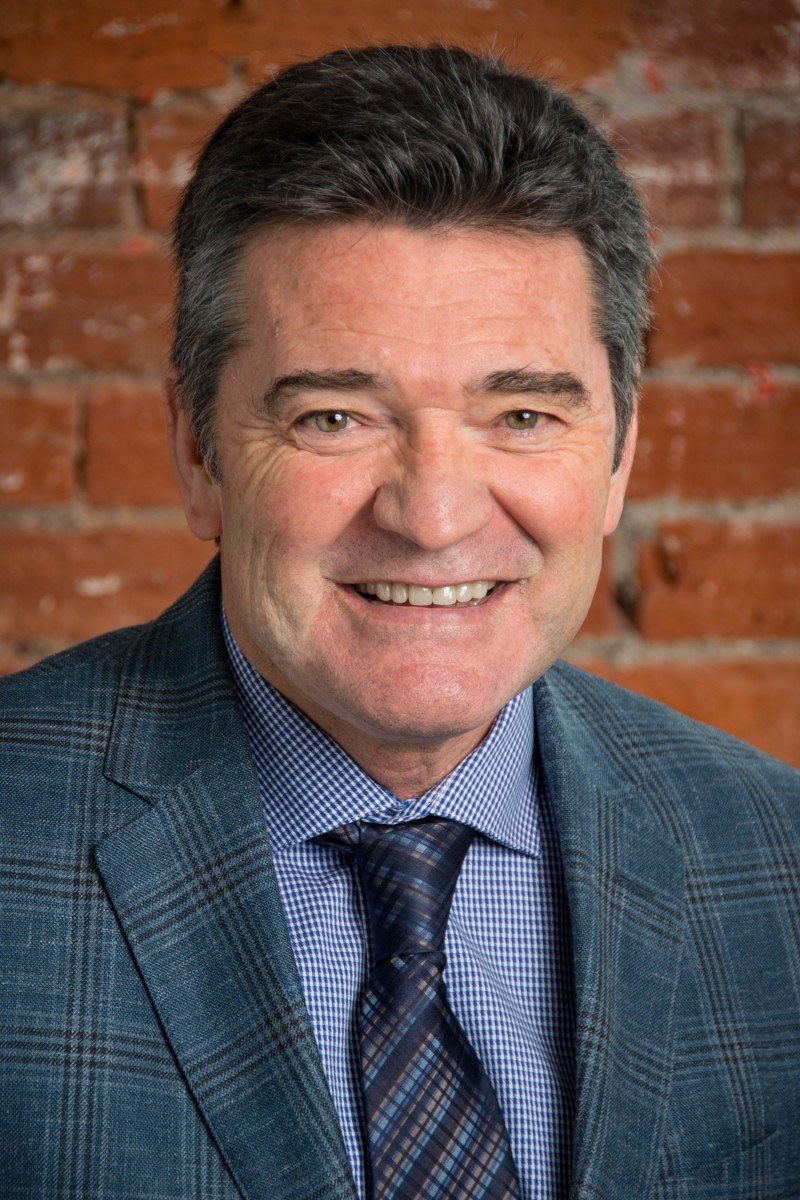Indigenous children are being removed from their homes and placed in care because of inadequate funding for family support services in their communities, says the province’s representative for children and youth.
Bernard Richard said flawed provincial and federal funding models, coupled with more complex demands, leave aboriginal social agencies with fewer resources to help children than their non-aboriginal counterparts.
The result is a two-tiered system that puts indigenous children at risk and does little to address their over-representation in care, he said.
“The fact that 62 per cent of the kids in care are indigenous in a province where they represent less than 10 per cent of the child population is unacceptable,” he said. Of the 7,010 children in care in B.C., 4,367 are aboriginal.
Richard said that while indigenous social workers face similar challenges to those in the B.C.’s Ministry of Children and Family Development, their issues are exacerbated by several factors, “most notably, that the need for services is greater and more complex because of the intergenerational effects of colonial policies such as residential schools.”
The report highlights discriminatory, inconsistent funding models and a lack of trust and communication between governments and the agencies as leading to inadequate staffing, welfare and cultural supports for children.
Nearly half of the aboriginal children in foster care in B.C. are served by 23 agencies delegated to help aboriginal families.
Six of those agencies are on Vancouver Island, serving First Nations from Alert Bay to the Saanich Peninsula and off-reserve children in Victoria.
Some serve multiple communities over large areas. Usma Nuu-Chah-Nulth Family and Child Services in Port Alberni, for example, covers 14 reserves — some accessible only by air or water.
Richard’s report is largely based on interviews with front-line staff, including social workers.
Indigenous Affairs Minister Carolyn Bennett was not available for comment Thursday.
A statement from her office said the federal government, B.C. and the First Nations Leadership Council in the province have formed a working group to focus on ways to change child welfare.
B.C. Children’s Minister Stephanie Cadieux said in a conference call with reporters that she agrees with Richard that aboriginal agencies have not been equally funded. She said work is underway to address the issue.
“We continue to advocate with this new government federally that has said all the right things,” Cadieux said.
“But those dollars need to be seen on the ground.”
Richard recognized the efforts of the federal and provincial governments, but said more still needs to be done.
He said the aboriginal agencies must have enough resources to do their work in a culturally based way so far fewer children end up in the system.
“For that to happen, endless bureaucratic and jurisdictional squabbles must be resolved once and for all and the needs of indigenous children put first,” he said.
“To continue to do less than this is clearly unacceptable.”
— With a file from The Canadian Press



